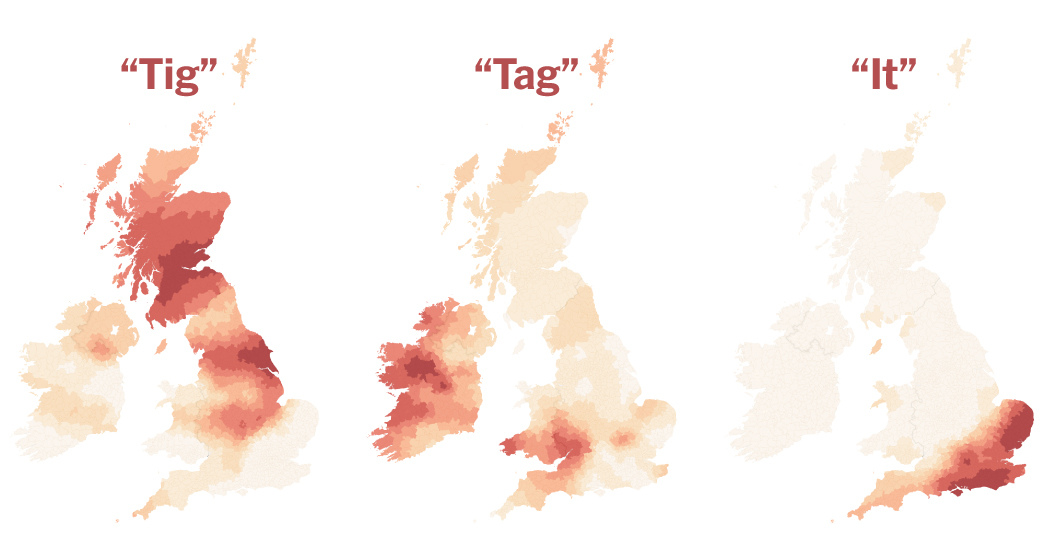‘Do you call it dinner or tea?’ and ‘how do you say scone?’ are probably debates you’ve had with almost everyone you know at uni. In an environment where people from all over the country are thrown together, it’s no wonder that dialect is a hot topic.
It’s not just students who are fascinated by how we speak, however. Last week, The New York Times released ‘The British-Irish Dialect Quiz’, and people of all ages have been sharing their results online. The general consensus seems to be this: it’s scarily accurate.
So, how does the quiz work?
The quiz seems to highlight that the way we speak is a huge part of our identity. The fact that people feel inclined to select answers which correspond to the region in which they grew up, even if they don’t personally use the word, is testament to this. For example, referring to children as ‘bairns’ is more the practice of older people in the North East and Scotland, yet younger generations know that selecting this answer will guarantee proof of their regional identity. Clive Upton, professor emeritus of English language at the University of Leeds, explains that people tend to hang on to dialect (even if they move away from home) because “what we say is who we are”. In other words, dialect is intertwined with our sense of self.
This probably explains why you’ve had the ‘dinner or tea?’ debate so many times at uni. In a space where so many accents and dialects come together, it’s no wonder that we try to assert our identity by staying true to where we were raised. And research shows that this isn’t going to end any time soon – linguistic communities will always exist, even in the world of social media and spellcheck.
If you want to settle a dialect debate, or are just as curious as everyone else about your manner of speaking, head over to The British-Irish Dialect Quiz to take the test.
Image: The New York Times

